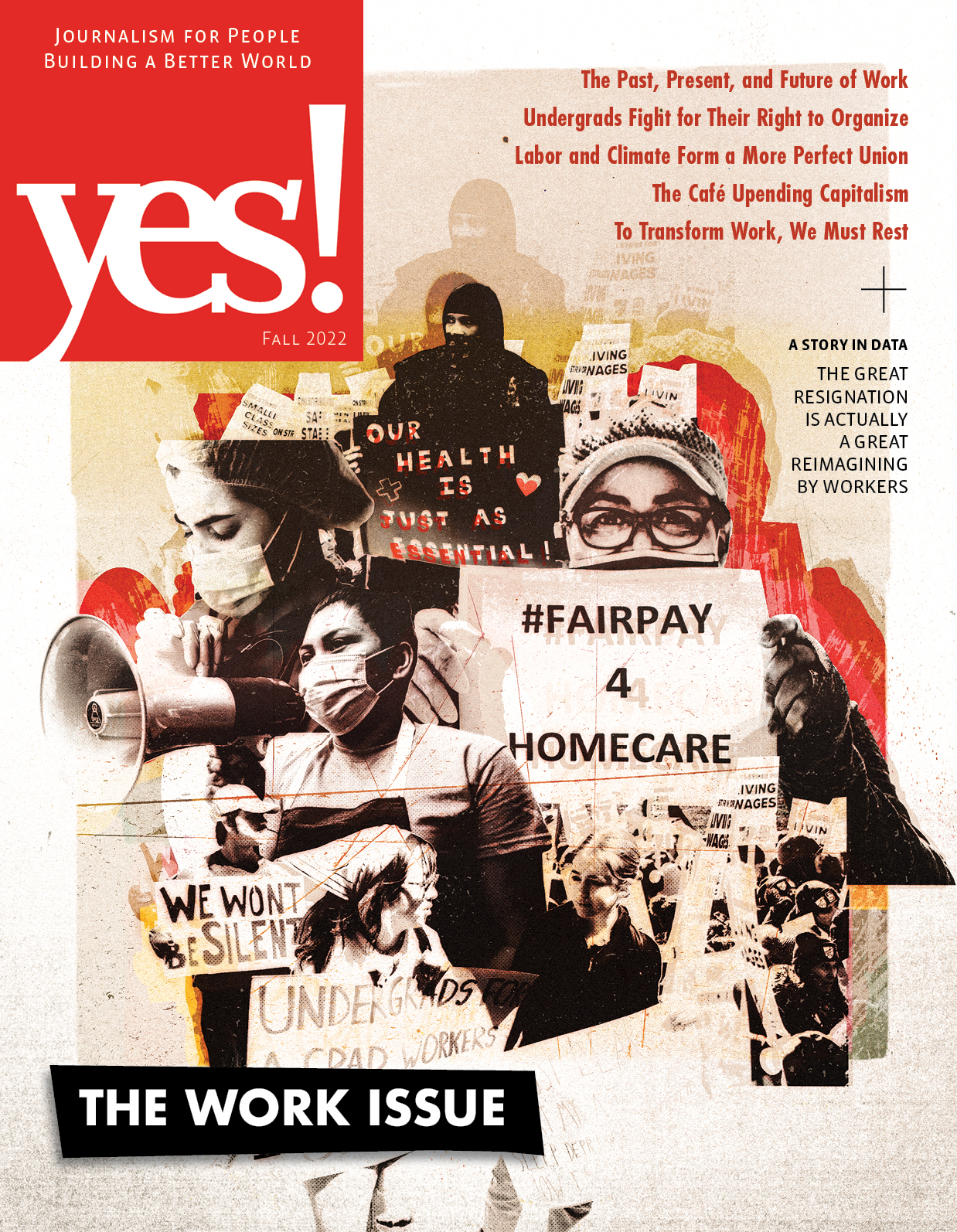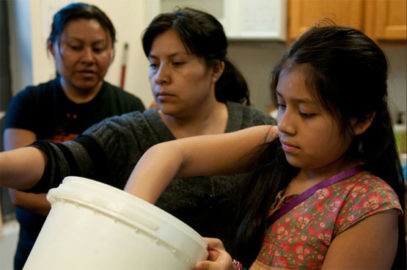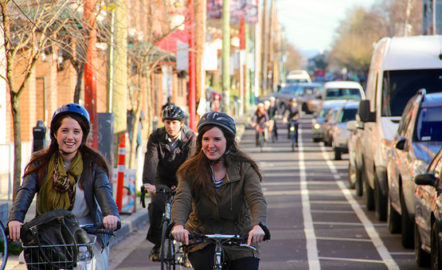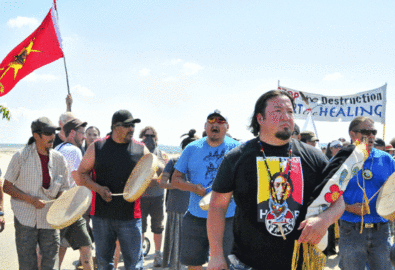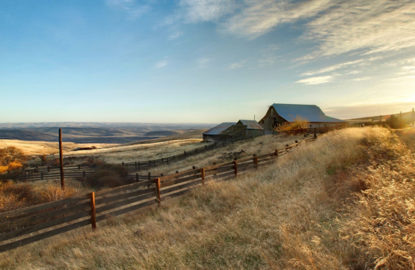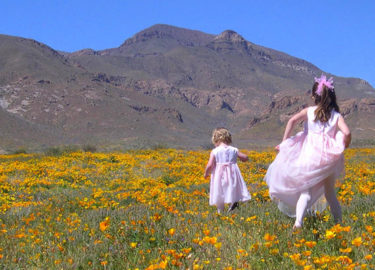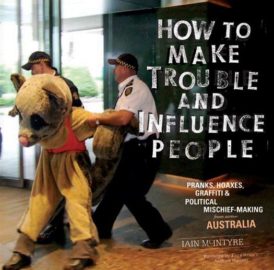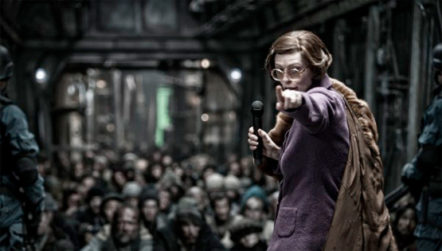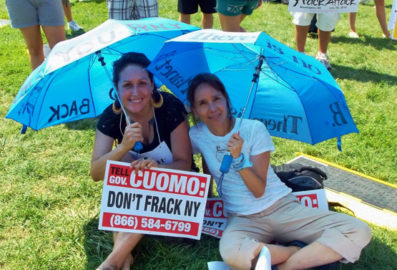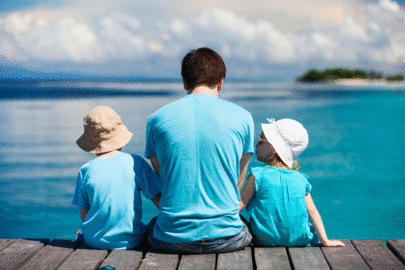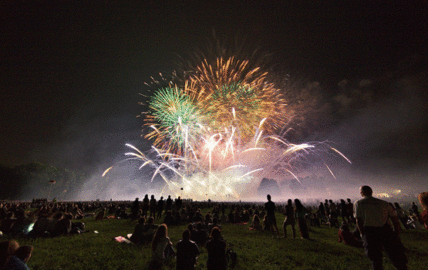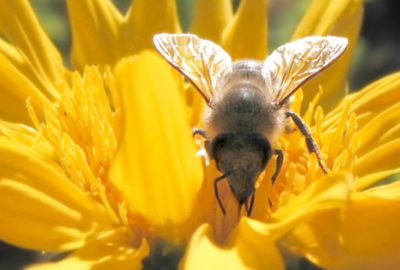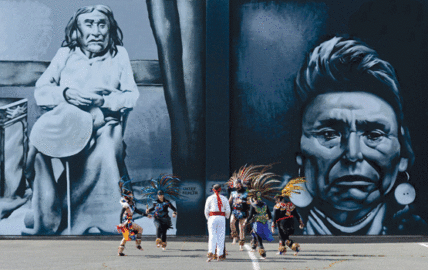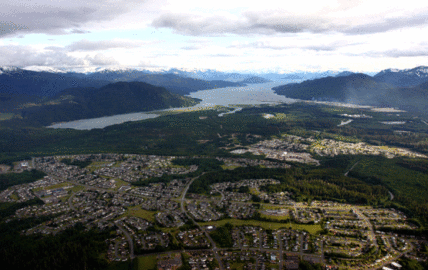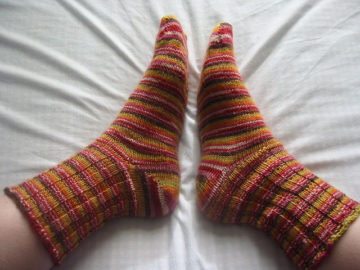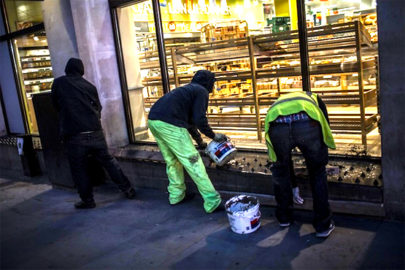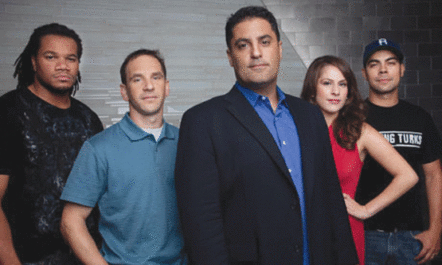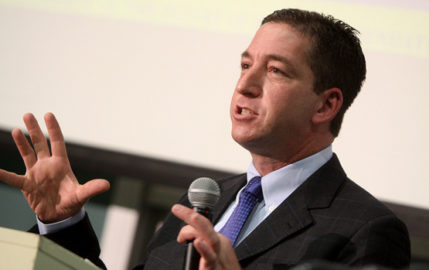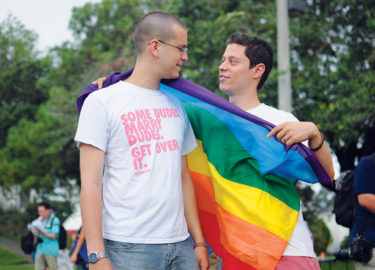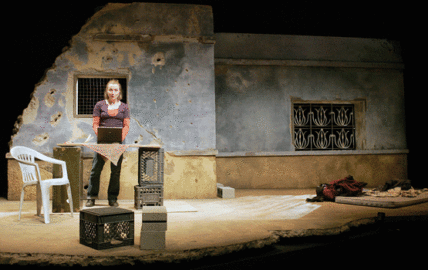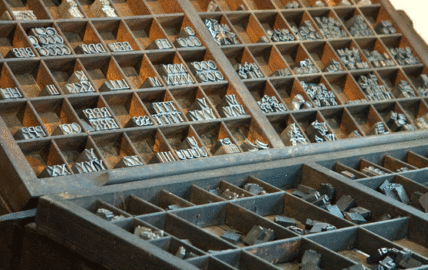Edward Burtynsky documents the environmental effects of oil extraction through striking landscape photography.
Two-thirds of the country’s low-wage workers are women. That’s why they stand to benefit the most from greater equity in and control of the workplace.
To get people on bikes in big numbers, cities are finding that it's essential to separate bike lanes from traffic.
Organizers agreed that the annual marches have helped raise awareness about the mining project. But their work is far from done.
When you ask Americans specific questions about the policies they support, it turns out we're not so polarized after all.
As a mother, I have made life choices that can’t always include everything my children want—like hiking the Adirondacks. Here’s how I learned to overcome the guilt.
In his new book "How to Make Trouble and Influence People," Iain McIntyre offers readers an alternative version of Australian history.
The film never flinches from the complex connections between economic and environmental problems.
The ruling is a boon to the more than 170 municipalities in New York that have already passed bans or moratoriums.
The experience of debt can guide us toward different ways of living—like having extended generations share a household—that are both cheaper and more fulfilling.
His new book, "What Then Must We Do?" imagines how a new economic system might actually emerge, from the bottom up, in the next few decades.
Concerned neighbors are a common bane of urban beekeepers. But there are ways to sweeten the deal for them.
Longhouse Media helps indigenous artists step behind the camera and document their lives.
First Nations groups say that the pipeline would disrupt their traditional seafood harvest and endanger their culture.
New York City's newly approved budget allocates $1.2 million for developing and supporting worker-owned cooperative businesses.
“The ideas in Butler’s fiction challenge us to contend with our own choices and take responsibility for our own power.”
Moments of sadness are inevitable in a life filled with deep connections to other people.
Londoners have made their feelings clear about a corporate "solution" to the problem of homelessness—and the company listened.
With over one billion views on YouTube and counting, The Young Turks prove that successful, independent, online news is possible.
When it comes to stopping NSA surveillance, it may be more effective to write to Facebook and Google than to government officials.
Felipe Matos told his story in three words: "I am undocumented." It was an act of desperation—but it gave him a sense of agency and power.
Rachel Corrie was killed in 2003, but her passion for peace lives on in her writings.
The secret ingredient in Boston's prize winning tap water? Forest conservation.
Filling a void left by big city newspapers, online projects combine community news, journalism, and conversations with our neighbors.
When You Live in the Local Economy, Musicians Are Just People (And Cyndi Lauper Is Coming to Dinner)
After getting mad at her daughter for handing hard earned money to a street performer, "Radical Homemaker" Shannon Hayes considers what musicians bring to the local economy.
Help Fund Powerful Stories to Light the Way Forward
Donate to YES! today.
